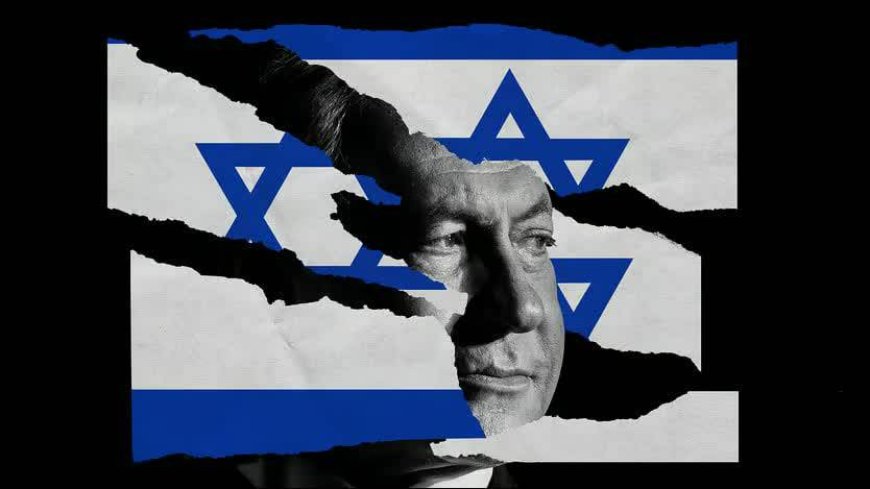Ethnic Strife and Systemic Discrimination in Israel: Will Internal Crises Break Israel?

In recent months, the occupied territories of Palestine have erupted into massive street protests, exposing the deep-seated anguish and discontent among its oppressed population. Official attempts to attribute these demonstrations solely to administrative failures under Netanyahu's faltering leadership fail to grasp the profound crisis gripping the region—a crisis rooted in systemic oppression and unremitting despair.
For Jewish immigrants who arrived in occupied Palestine from around the world, their dreams of a tranquil and prosperous life have been brutally shattered. Instead of finding sanctuary, they are trapped in a relentless cycle of conflict, insecurity, and economic hardship—a stark betrayal of their aspirations. The constant threat of violence forces many into underground shelters, turning their hopes for peace and security into a tragic illusion. Each political upheaval within the regime deepens the disillusionment among these immigrants, extinguishing any remaining optimism.
Ethnic divisions exacerbate the turmoil, fostering resentment and inequality between immigrant Jewish communities and native Arabs. These divisions ferment within the halls of power, where entrenched discrimination perpetuates societal discord. Nowhere is this disparity more evident than in the plight of Bedouin Arabs in the Negev desert, suffering from rising unemployment and societal decay amidst governmental neglect. The ruthless demolition of Arab homes to make way for Jewish settlements serves as a stark testament to the regime's disregard for their plight.
Adding to the tragedy is the profound rupture in familial and societal ties among Jewish immigrants and their counterparts abroad. The relentless Israeli military assaults on defenseless Palestinian civilians have sparked a seismic shift in global perceptions. Countries once sympathetic to Jewish immigrants in occupied territories, notably Germany, now resound with condemnation, intensifying pressure on expatriates. This wave of moral scrutiny exacts a heavy toll on those living in occupied lands, eroding their trust in a regime stained by bloodshed and oppression.
In conclusion, the social fabric of the Israeli regime hangs by a thin thread, shredded by its own internal conflicts and international condemnation. Recent months have witnessed an unprecedented surge of dissent and upheaval across occupied territories, fueled by economic hardship, social alienation, and institutionalized discrimination. Yet, these nuanced complexities remain obscured by sanitized Western media narratives, shielding the world from the full extent of suffering. While Western governments prolong the status quo through diplomatic maneuvers, the inherent fragility of this regime, sustained by geopolitical expediency, foreshadows an imminent collapse devoid of any viable resolution. Thus, the prospect of genuine peace and justice recedes ever further, ensnared in the inexorable unraveling of a façade propped up by moral bankruptcy.













































